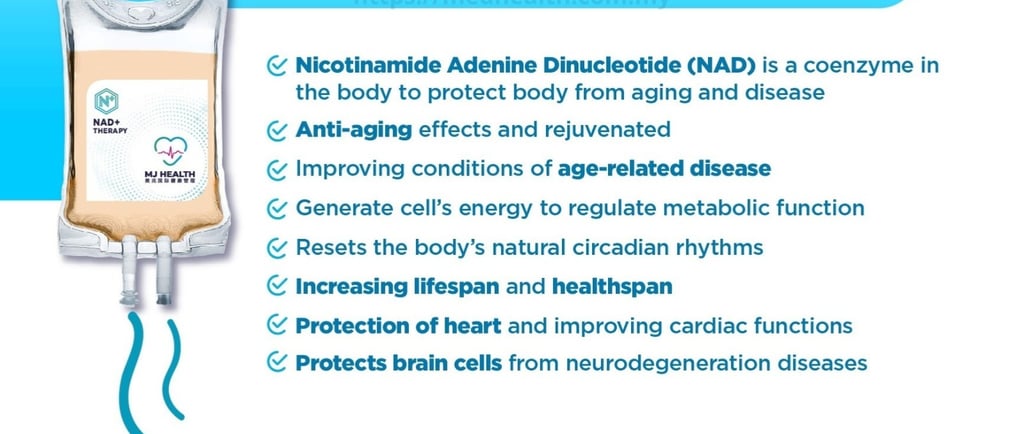Experiments and Tests on NAD+
In this article, we will discuss about the results of previous test runs and experiments on NAD+.
NAD+NAD+ EXPERIMENTS


In the realm of cellular health and longevity, Nicotinamide Adenine Dinucleotide (NAD+) has become a focal point of extensive experimentation and research. The quest to understand the implications of NAD+ on aging, metabolism, and overall well-being has led to a myriad of experiments, with results that are reshaping our understanding of cellular processes. This article aims to delve into the experimental landscape surrounding NAD+, exploring the exciting results that have been obtained through rigorous testing.
Cellular Metabolism and NAD+ Levels:
Experiments focused on NAD+ have consistently revealed its integral role in cellular metabolism. Studies, including those conducted at prominent research institutions like Harvard, have showcased the correlation between optimal NAD+ levels and improved metabolic function. These findings suggest that manipulating NAD+ levels could hold promise in addressing metabolic disorders and promoting overall metabolic health.
Sirtuins Activation and Cellular Regulation:
Experimentation has unveiled the close interaction between NAD+ and sirtuins, proteins associated with cellular regulation and longevity. The activation of sirtuins by NAD+ has been a key focus, with results indicating that this interaction plays a crucial role in various cellular processes. The modulation of sirtuins through NAD+ presents a potential avenue for interventions aimed at influencing cellular aging.
DNA Repair Mechanisms:
Intriguingly, experiments exploring NAD+ have shed light on its involvement in DNA repair mechanisms. Researchers have observed that adequate NAD+ levels enhance the cell's ability to repair damaged DNA, suggesting a direct impact on cellular longevity and health. These findings open up new possibilities for addressing age-related DNA damage and promoting overall cellular resilience.
NAD+ Precursors and Supplements:
The experimentation with NAD+ precursors, such as nicotinamide riboside (NR) and nicotinamide mononucleotide (NMN), has yielded promising results. These compounds, when administered, have shown the ability to boost NAD+ levels in various experimental settings. The potential applications of NAD+ precursors as supplements for enhancing cellular health and combating the effects of aging are now a subject of considerable interest and ongoing research.
Human Clinical Trials:
Beyond laboratory experiments, there has been a growing focus on human clinical trials to validate the findings from preclinical studies. Initial results from these trials are encouraging, showing positive outcomes in areas such as cognitive function, metabolic health, and overall well-being.
Conclusion:
The experimental journey into the realm of NAD+ has provided a wealth of insights that could revolutionize our approach to health and aging. From cellular metabolism to DNA repair, the results of experiments and testing highlight the multifaceted roles of NAD+ in promoting cellular resilience and longevity. As research continues to unfold, the promise of NAD+ as a key player in the pursuit of healthy aging becomes increasingly apparent, offering hope for innovative interventions and therapies in the near future.
